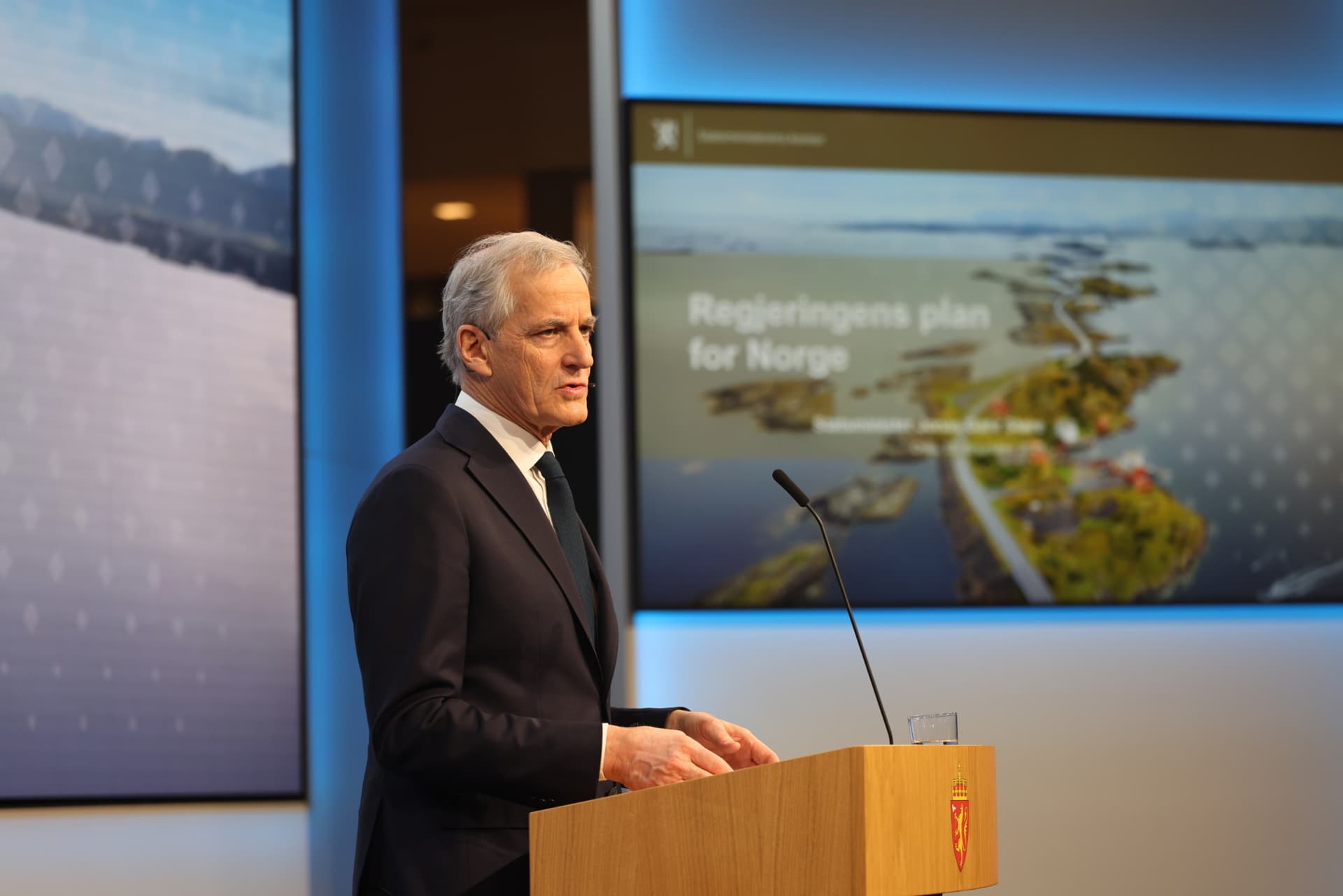COP26 in Glasgow has recently been finalised. Climate Leadership Coalition, Haga Initiative and Skift – Business Climate Leaders analyse the developments in carbon pricing.
Ahead of COP, Call on Carbon sent an open letter signed by the signatories of our Call on Carbon initiative to Heads of State and Government. The letter was signed by leaders from more than 130 businesses, cities, universities and business associations and networks, whose members and partners represent and gather over 60 million companies and farmers with over USD 25 trillion market capitalisation and over USD 120 trillion assets under management in over 100 countries. During COP26, Call on Carbon was presented in two online events; one on Monday 1 November on the International Chamber of Commerce’s online platform, and the other on Wednesday 3 November in cooperation with Slovenian partner CER – Sustainable Business Network Slovenia.
The signatories called on governments to:
- back their net zero targets with effective, robust, reliable and fit-for-purpose carbon pricing instruments, consistent with the Paris Agreement, to facilitate a cost-efficient investment path to reach net zero emissions;
- align their carbon pricing instruments where appropriate to create a stable and predictable investment environment; and
- finalise the rules for international market mechanisms under Article 6 of the Paris Agreement to support cost-effective mitigation efforts, create a level playing field and minimise carbon leakage while enabling greater ambition.
As a concrete outcome of the negotiations, COP26 reached agreement on the rulebook on Article 6 of the Paris Agreement. This will enable the implementation of cross border emissions reduction measures by funding climate actions in partner countries and this is likely to increase the ambition and cooperation between the developed and developing countries. What’s missing from the Glasgow rules on the carbon markets is explicit guidelines for the voluntary market, private projects that are happening outside a country’s NDC or are not adjusted for in the country’s carbon budget. More analysis of the Article 6 here.
Carbon pricing was strongly brought up by heads of major economies including President of the European Commission Ursula von der Leyen, and Canadian prime minister Justin Trudeau. Executive Vice-President of the European Commission Frans Timmermans invited other economies to work with the EU on carbon pricing.
Carbon pricing was also a key theme in the meeting of the Coalition of Finance Ministers for Climate Action. ”I chaired the meeting of the Coalition of Finance Ministers for Climate Action held in connection with the UN Climate Change Conference in Glasgow at which there were a number of speeches to promote carbon pricing. This has also been required by many companies and business organisations in the Call on Carbon initiative during the climate conference. The initiative is excellent and highly topical,” says the Chair of the Finance Ministers’ Climate Coalition and Finnish Minister of Finance Annika Saarikko.
“We are delighted that carbon pricing is gaining more support and applaud those leaders at COP26 who demanded a global price on carbon. Predictable, effective, and smartly designed carbon pricing is essential for ramping up the mitigation investments we need. The International Chamber of Commerce will continue to support the Call on Carbon initiative and other efforts to bring together a coalition of international leaders in support of effective global carbon pricing”, says John W.H. Denton AO, Secretary General of the International Chamber of Commerce.
As a summary, it can be noted that progress has been made in carbon pricing even though its role is still not at a sufficiently high level in negotiations and national policies. Article 6 was clarified from the nations’ point of view but there is still a need for explicit guidelines for the voluntary markets. Several countries are growing active in carbon pricing but as Climate Action Tracker concludes, only less than 10% of parties have effective policies in place. And although some carbon pricing has been already integrated, there is a lot of work in this area as well.
“Our conclusion is that there is still a need to continue the Call on Carbon campaign and build momentum until the necessary development actions are in place,” say Jouni Keronen, CLC, Nina Ekelund, Haga Initiative and Björn K. Haugland, Skift- Climate Business Leaders.
Jouni Keronen
Chief Executive Officer
Climate Leadership Coalition
Nina Ekelund
Executive Director
Haga Initiativet
Bjørn K. Haugland
Chief Executive Officer
Skift - Business Climate Leaders


